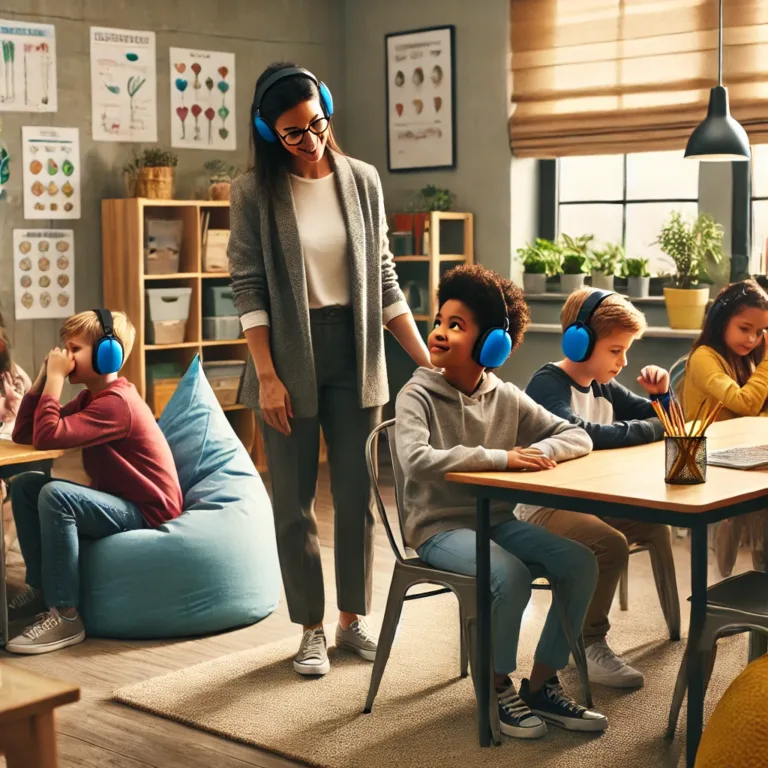No products in the cart.
How Music Can Positively Impact a Child’s Mental Health
Music is a universal language that resonates with people of all ages. For children, engaging with music can have profound positive effects on their mental health and overall development. From reducing stress to enhancing cognitive skills, music offers numerous benefits that can help children thrive. Here’s a look at how music can positively impact a child’s mental health.
Reducing Stress and Anxiety
Listening to and creating music can be a powerful tool for reducing stress and anxiety in children. Music has a soothing effect that can help calm the mind and body. Slow, melodic tunes can lower heart rates and reduce levels of cortisol, the stress hormone. Encouraging children to listen to or play music can provide them with a healthy outlet for their emotions and help them relax.
Enhancing Mood and Emotional Expression
Music is a powerful medium for emotional expression. Children who engage with music can better express their feelings, whether through singing, playing instruments, or dancing. This emotional release can lead to improved mood and a greater sense of emotional well-being. Music therapy is often used to help children process and express complex emotions in a safe and supportive environment.
Boosting Cognitive Development
Engaging with music can enhance cognitive development in children. Studies have shown that learning to play an instrument can improve skills such as memory, attention, and spatial-temporal skills, which are crucial for math and science. Music also promotes language development by enhancing auditory discrimination and phonological skills, aiding in literacy.
Fostering Social Connections
Music can bring people together and foster social connections. Participating in group music activities, such as choirs, bands, or music classes, can help children develop social skills and build friendships. These interactions can improve self-esteem and provide a sense of belonging, which is essential for mental health.
Encouraging Physical Activity
Music naturally encourages movement, which can be beneficial for physical and mental health. Dancing to music or participating in musical games can increase physical activity levels, improve coordination, and promote overall physical fitness. Physical activity, in turn, contributes to better mental health by reducing symptoms of anxiety and depression.
Providing a Sense of Accomplishment
Learning to play an instrument or mastering a new piece of music can provide children with a sense of accomplishment and boost their self-esteem. Setting and achieving musical goals teaches children perseverance and discipline, which are valuable life skills. This sense of achievement can have a positive impact on their overall mental well-being.
Tips for Integrating Music into a Child’s Life
To maximize the benefits of music for your child’s mental health, consider the following tips:
- Encourage Musical Exploration: Allow your child to explore different types of music and instruments to find what they enjoy most.
- Provide Opportunities for Learning: Enroll your child in music lessons or classes to develop their musical skills.
- Create a Musical Environment: Play a variety of music at home and encourage your child to participate by singing or dancing along.
- Join Group Activities: Encourage your child to join musical groups or participate in school music programs to build social connections.
- Use Music for Relaxation: Incorporate calming music into your child’s bedtime routine to help them relax and sleep better.
Conclusion
Music can have a profound positive impact on a child’s mental health, offering benefits that range from reducing stress and enhancing mood to boosting cognitive development and fostering social connections. By integrating music into your child’s life, you can provide them with a valuable tool for emotional expression, relaxation, and personal growth. Encourage your child to explore and enjoy music to support their mental well-being and overall development.
Sources
- American Music Therapy Association (AMTA)
- National Institutes of Health (NIH)
- Child Mind Institute



